4 Quotes on Natural Selection by Naturalists that Support Theism
By Billy Dyer
Familiar claims to the contrary notwithstanding, Darwin didn’t manage to get mental causes out of his account of how evolution works. He just hid them in the unexamined analogy between selection by breeding and natural selection…we can claim something Darwinists cannot. There is no ghost in our machine; neither God, nor Mother Nature…and there are no phantom breeders either. What breeds the ghosts in Darwinism is its covert appeal to intensional biological explanations…Darwin pointed the direction to a thoroughly naturalistic—indeed a thoroughly atheistic—theory of phenotype [trait] formation; but he didn’t see how to get the whole way there. He killed off God, if you like, but Mother Nature and other pseudo-agents got away scot-free. We think it’s now time to get rid of them too. (Fodor, J. and M. Piattelli-Palmarini. 2010. What Darwin Got Wrong. New York: Farrar, Straus and Giroux, 162-163.)
- Essentially Fodor & Piattelli-Palmarini are saying that Darwin denies God as an agent but then gives Mother Nature all the qualities of God. That is, in a scientific book you might read on page 2 that God does not exist but then on page 5 you will see Mother Nature “choosing”, “selecting”, “deciding”, “having wisdom”, etc… It is simply a bait and switch.
No one who has attended to the breeding of domestic animals will doubt that this must be highly injurious to the race of man. It is surprising how soon a want of care, or care wrongly directed, leads to the degeneration of a domestic race; but excepting in the case of man himself, hardly any one is so ignorant as to allow his worst animals to breed. (Charles Darwin, The Descent of Man, 2nd ed. (1874), ch 5 www.gutenberg.org/dirs/etext00/dscmn10.txt)
- To me it looks like Darwin is affirming the degeneration of breeds. It seems that he is saying that when a race breeds it degenerates but then gives the only exception to mankind. My point with this quote is to say that Darwin wasn’t consistent. If breeding leads to degeneration then why is man an exception? Evolution says that we evolve to a better plight but history & all human experience says we devolve. Even Darwin seemed to see this but he couldn’t let it contradict his theory.
What is the use of their (bacteria) unceasing mutations if they do not change? In sum the mutations of bacteria and viruses are merely hereditary fluctuations around a median position; a swing to the right, a swing to the left, but no final evolutionary effect. (Pierre-Paul Grasse, Evolution of Living Organisms (New York: Academic Press, 1977), 87.)
- We need to understand the difference between micro and macro evolution. They are not the same. Grasse shows us that surely there can be mutations but only on a micro level. That is, fruit flies might mutate to having a third wing, be faster, or be bigger but they are always fruit flies. We have always heard that mutations lead to change and then natural selection “selects” the changes that are beneficial. But Grasse tells us that mutations do not have any purpose or goal. They are simply fluctuations a little to the right or left but always come back to the median position. Simply put, you can breed all sorts of different dogs and make micro changes to the left or right. But left up to normal breeding and all dogs go back to the median position or being a wolf.
Although, at the phenotypic level, it deals with the modification of existing parts, the theory is intended to explain neither the origin of parts, nor morphological organization, nor innovation…But selection has no innovative capacity: it eliminates or maintains what exists. The generative and ordering aspects of morphological evolution are thus absent from evolutionary theory. (G. B. MÜLLER, ‘Homology: The Evolution of Morphological Organization’ in G. B. MÜLLER and Newman S.A. (eds.), Origination of Organismal Form. Beyond the Gene in Developmental and Evolutionary Biology, Harvard, MIT Press, Vienna Series in Theoretical Biology, 2003, p. 51.)
- I love this quote. Müller really hits one out of the park here. He explains that evolution doesn’t and cannot explain the origin of parts. It tries to explain how we got to this level but it doesn’t tell us how the whole thing started. Secondly, it cannot deal with the organization of parts at the very beginning. Third, natural selection doesn’t have free will. I get tired of hearing people tell me that natural selection “chose”. Natural selection isn’t an agent, it cannot make a choice. Therefore, it has no mind to innovate as Müller says. So even if evolution is true, which it certainly is not, it still fails to explain origins and natural selection can’t make choices. Therefore, Darwin failed.
Visit Billy’s Website: DyerThoughts.com
Billy Dyer is a CrossExamined Instructor Academy Graduate.

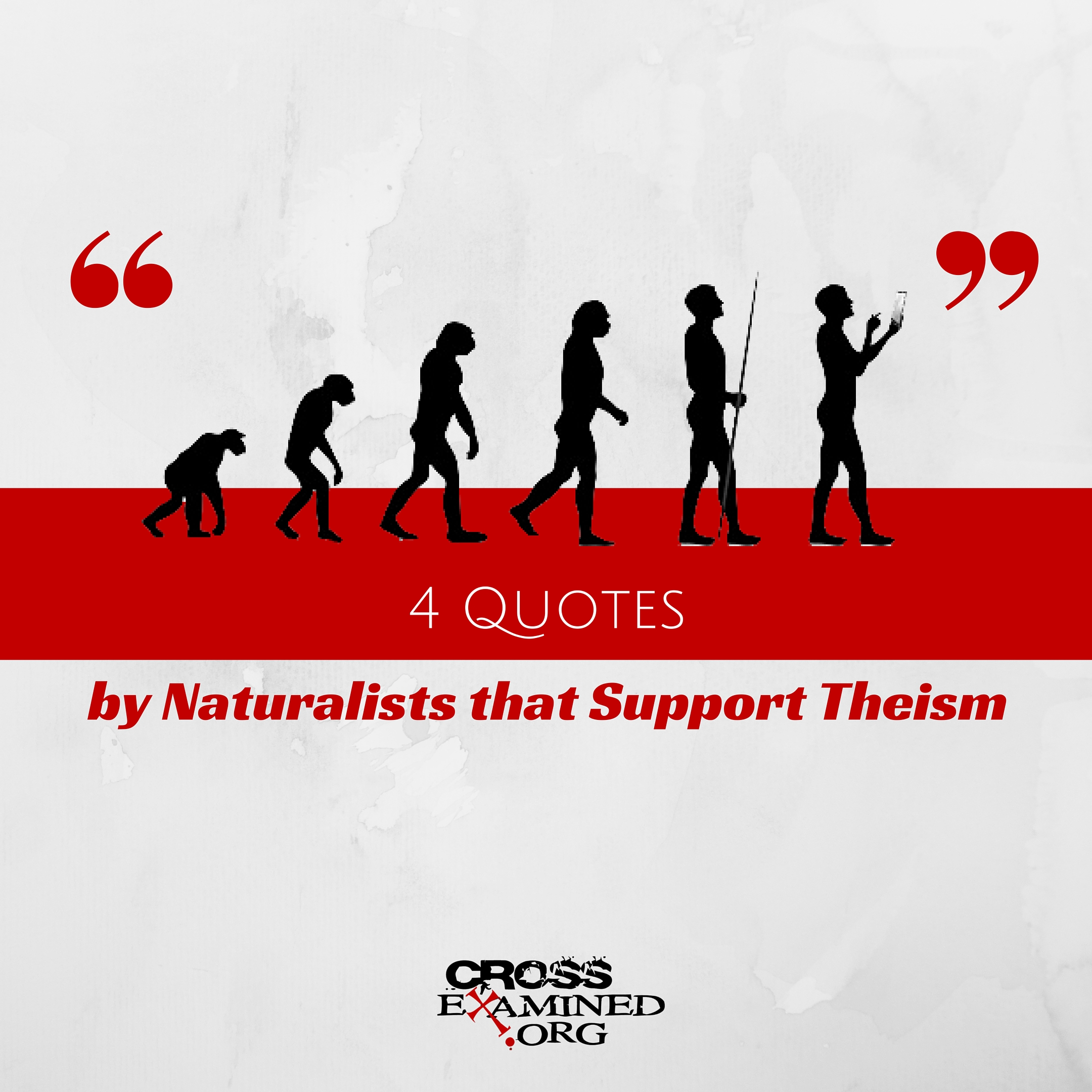
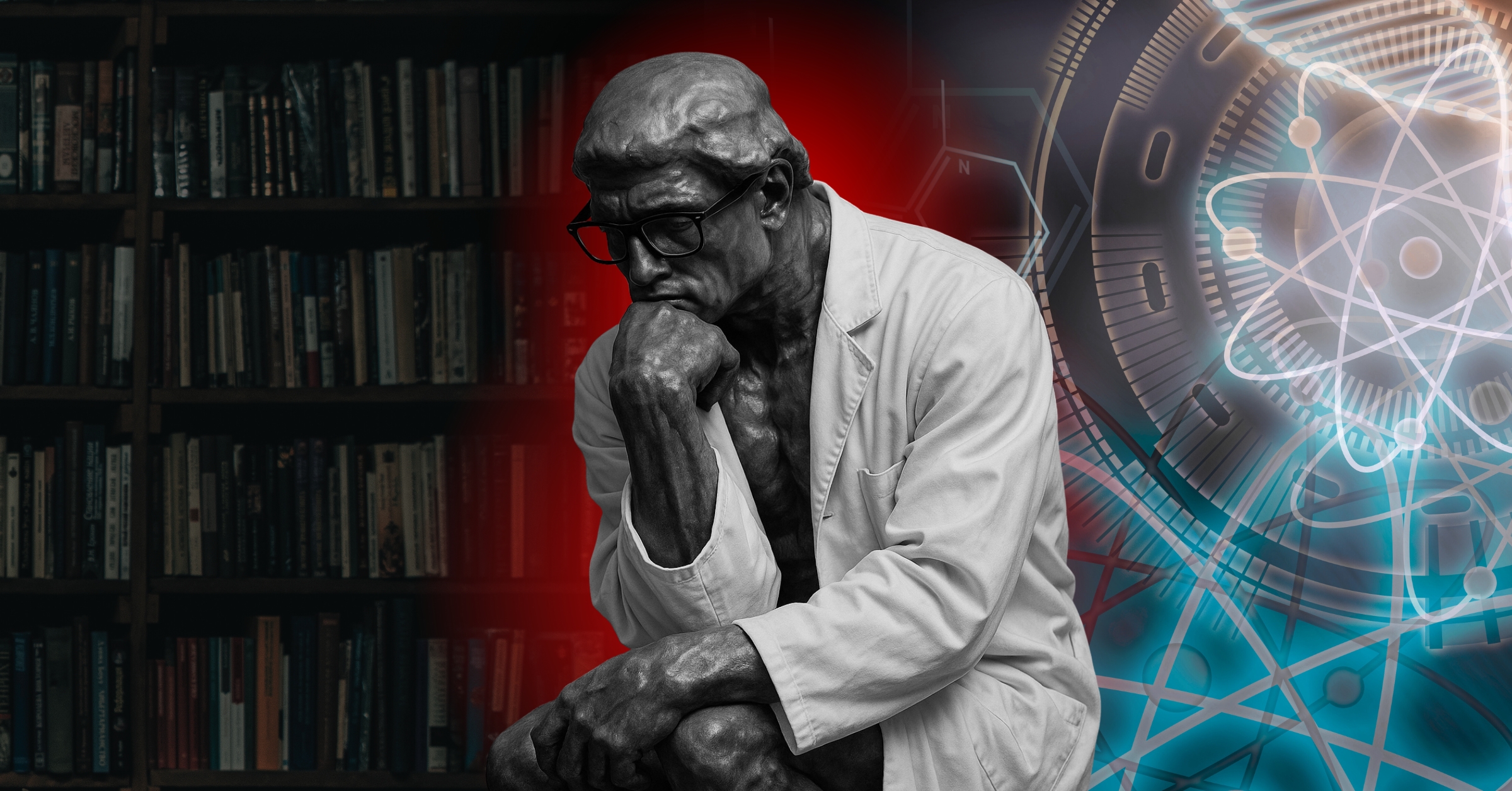

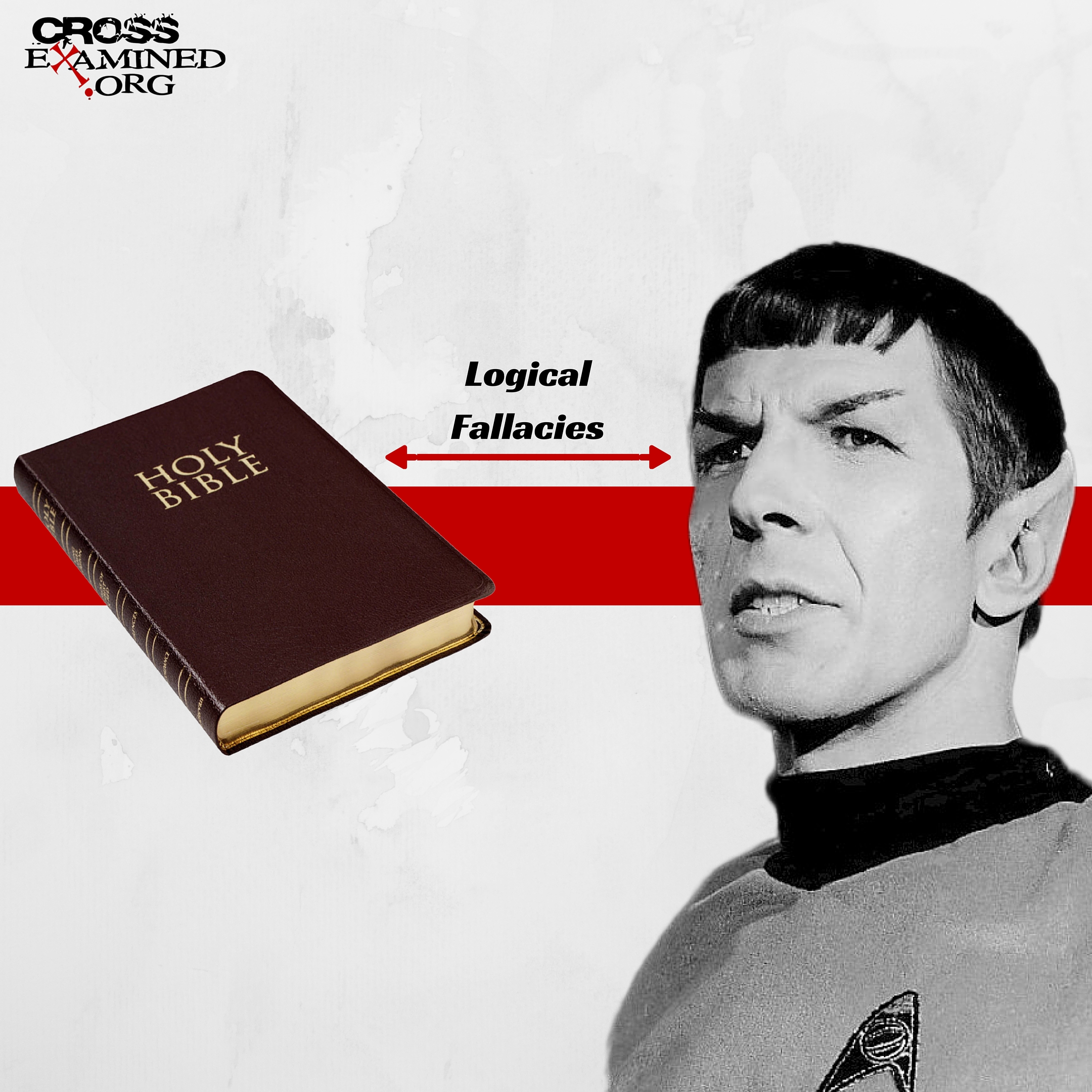


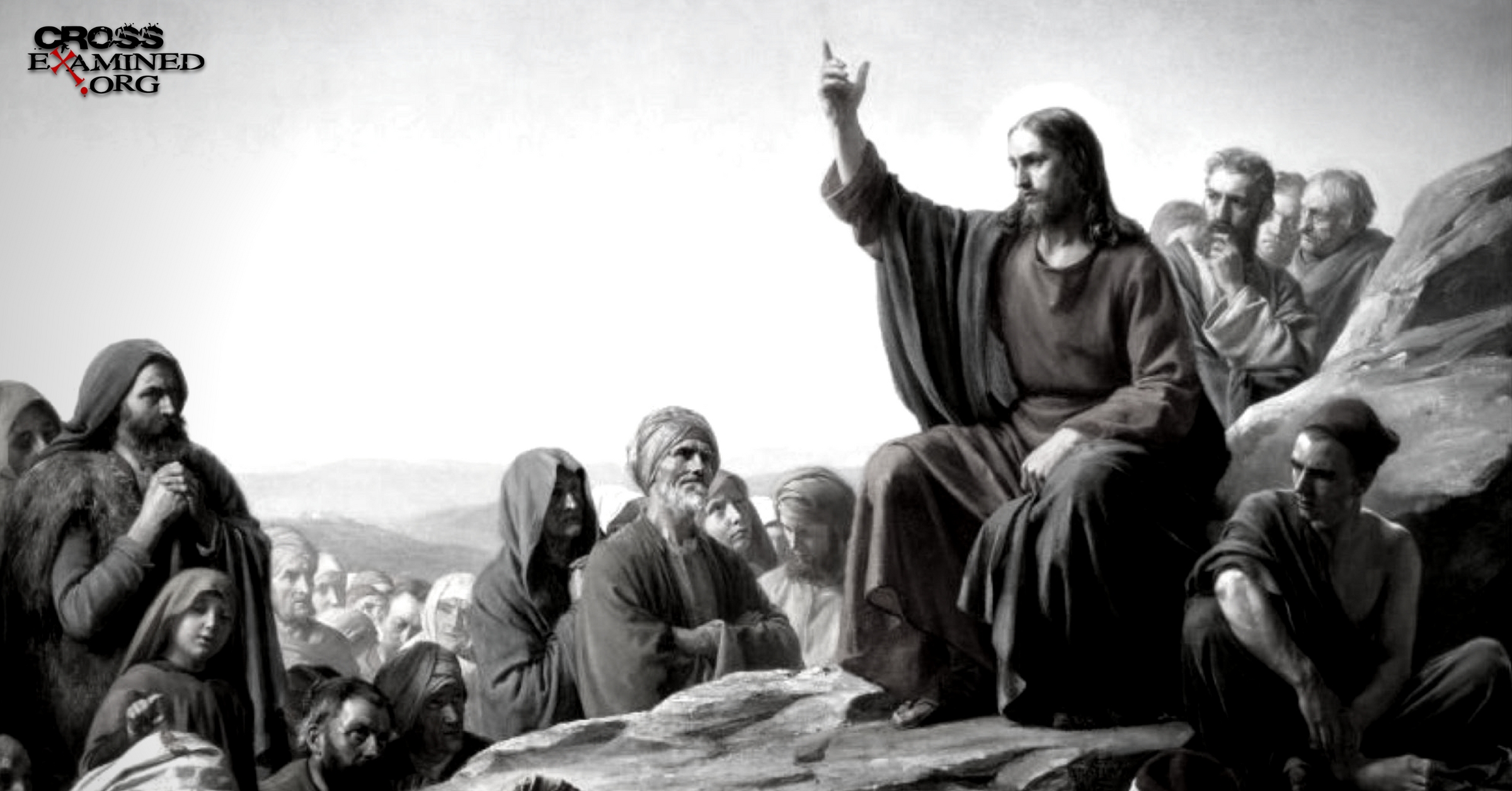
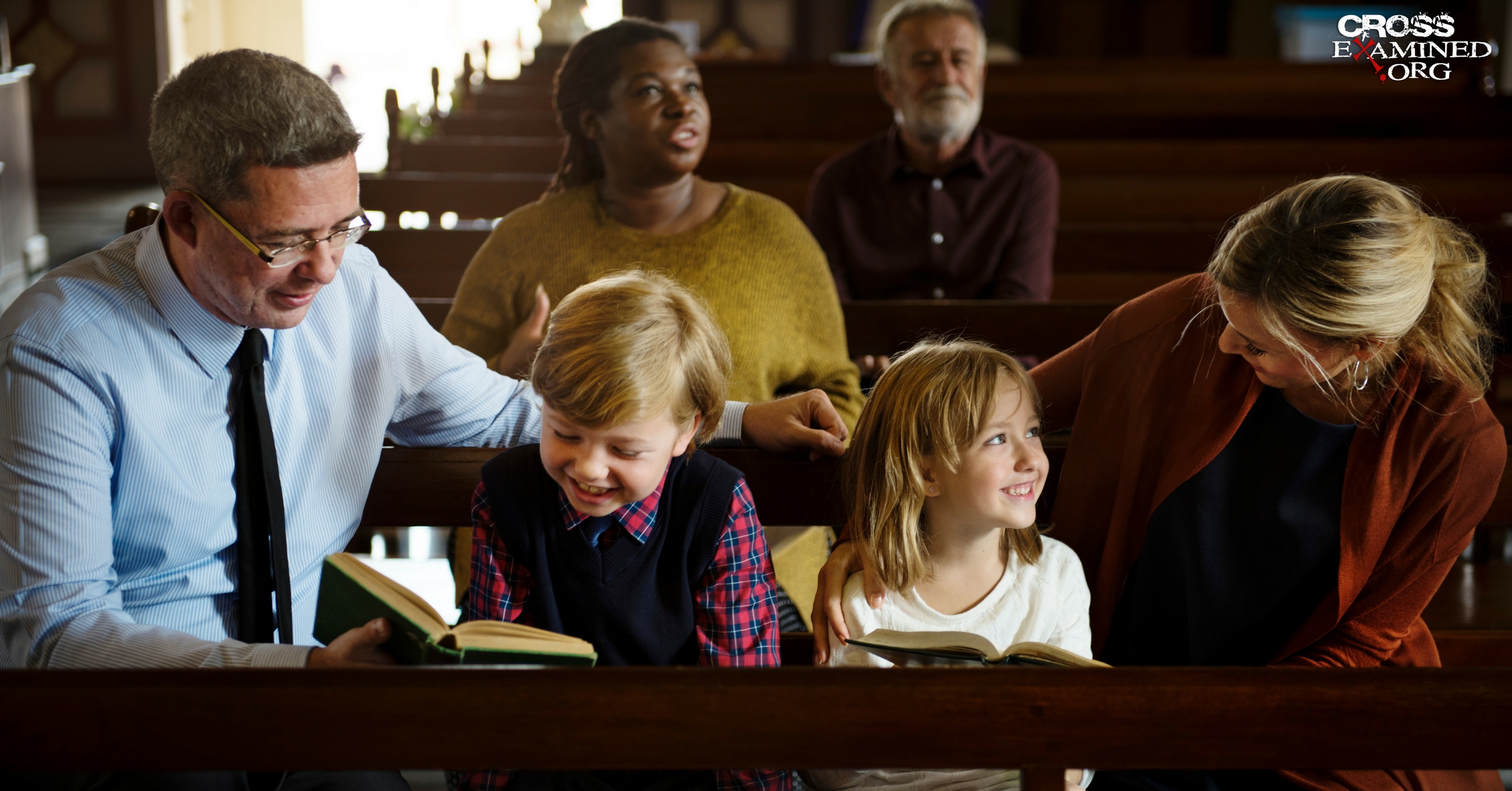

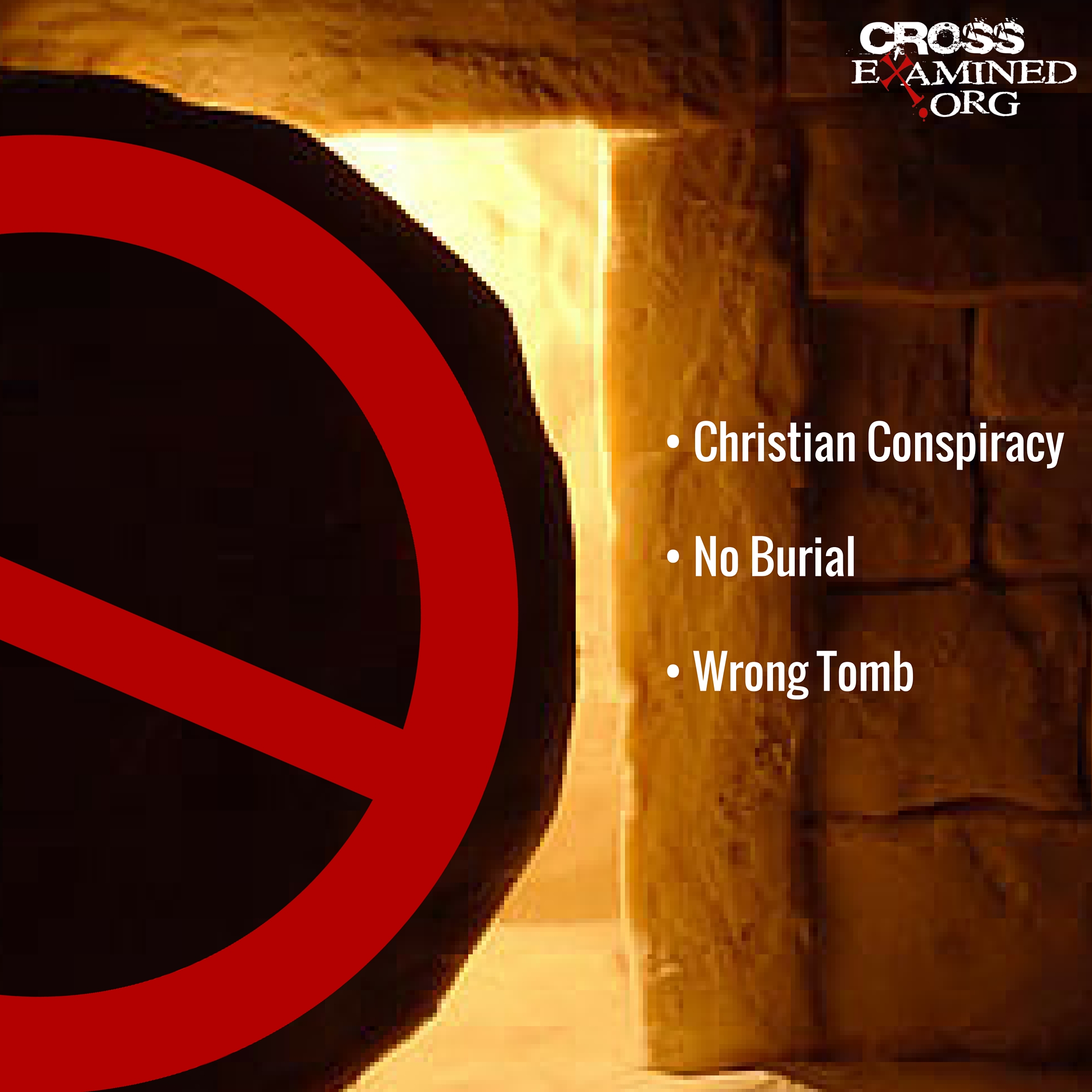
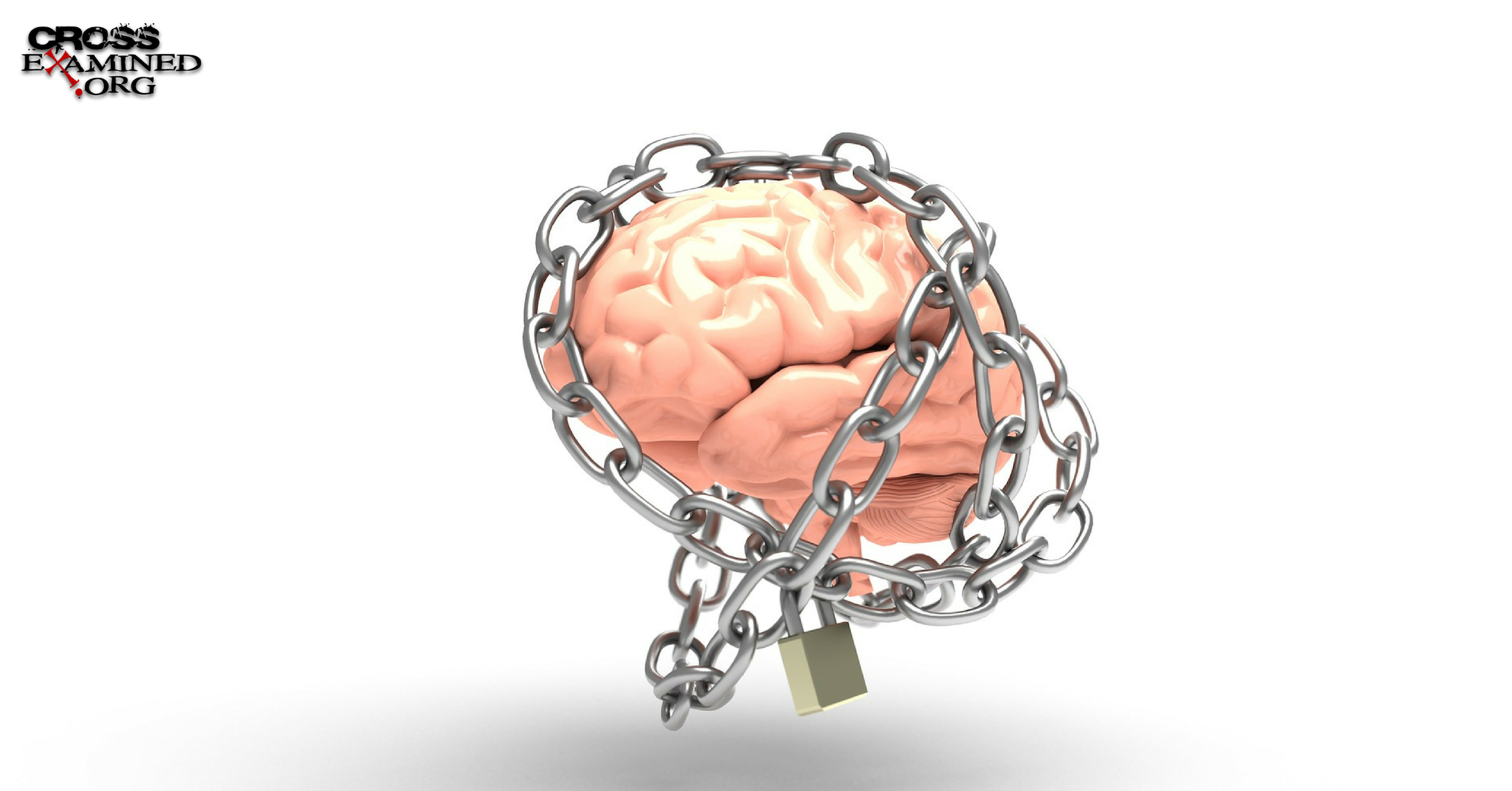
Leave a Reply
Want to join the discussion?Feel free to contribute!